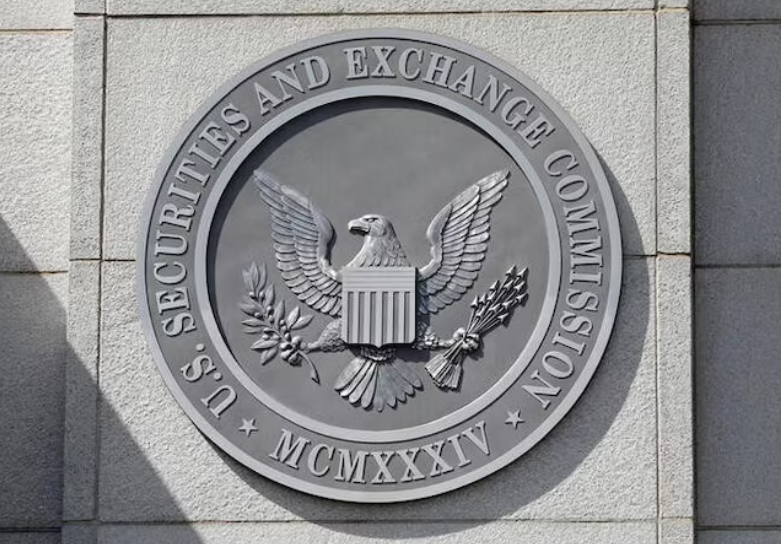A financial industry trade association has sued the U.S. Securities and Exchange Commission (SEC) for information about the agency’s multibillion-dollar crackdown on how banks and other firms handle work-related communication on personal devices.
The American Securities Association filed the lawsuit in Tampa federal court on Thursday, claiming that the SEC improperly rejected its request under federal public records law for details on the enforcement effort. This initiative, which began in late 2021, has resulted in civil fines exceeding $1.7 billion.
The SEC has filed administrative complaints against dozens of firms, including JPMorgan Chase, Credit Suisse, Wells Fargo, Goldman Sachs, and Morgan Stanley, alleging record-keeping compliance failures involving employees’ “off-channel” communications. None of the companies have admitted any wrongdoing.
In the lawsuit, the Tampa-based trade association argued that the SEC imposed these penalties without any apparent rhyme or reason and provided little explanation for its decision-making. The SEC declined to comment on Thursday, stating that releasing the requested records would jeopardize ongoing or prospective enforcement actions, according to court records.
Chris Iacovella, chief executive of the American Securities Association, stated that the SEC had not complied with its obligations under federal public record laws. He emphasized that the American public must have transparency into the SEC’s enforcement process.
A federal judge on Thursday ordered Steve Bannon, a former top adviser to Donald Trump, to …
The trade association hired Consovoy McCarthy, a small conservative-leaning law firm, to file the case. The lawsuit seeks to compel the SEC to disclose information, including any “standards, data, and guidelines” that could show how the agency determined appropriate penalty amounts.
It also requests internal agency emails and memos discussing the record-keeping enforcement action. The lawsuit contends that the SEC should not withhold documents simply because it may bring different enforcement proceedings against other, unrelated entities.

